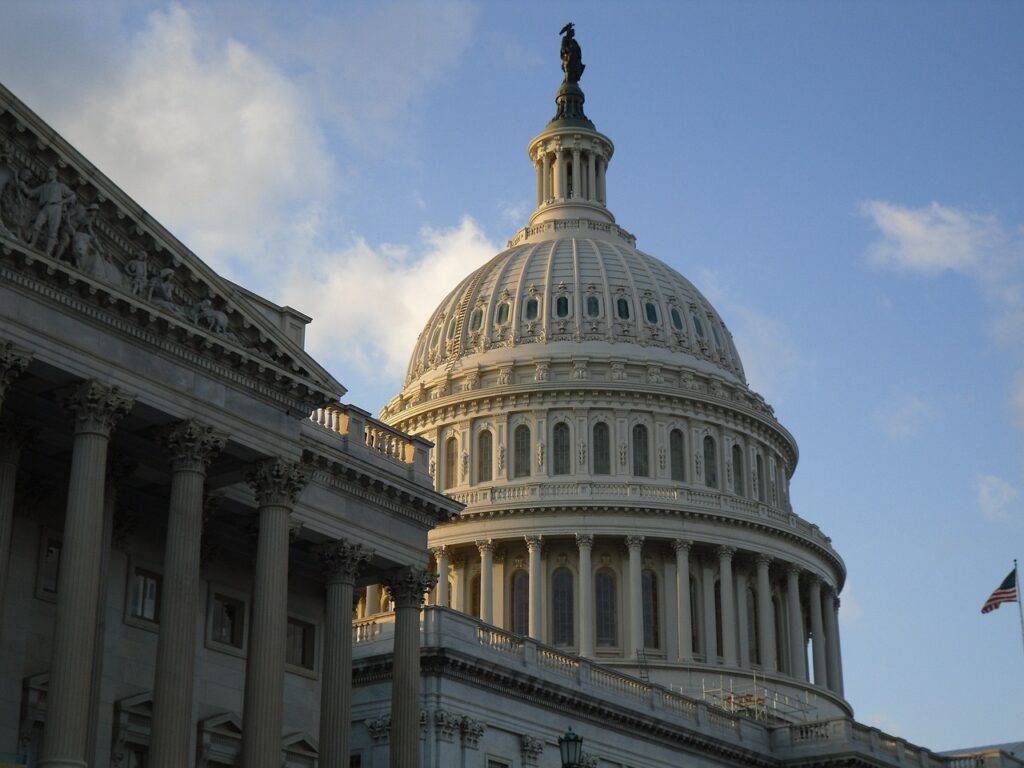U.S. Vice President JD Vance has faced heavy criticism after saying judges should not limit the president’s power. His comments came after U.S. District Judge Paul Engelmayer ruled against Elon Musk’s “Department of Government Efficiency” (Doge). The judge stopped Doge from accessing the U.S. Treasury’s payment system, blocking an attempt to retrieve financial records due to concerns over the legality and possible misuse of sensitive data.
Vance argued that judicial oversight of executive power is unconstitutional. He compared the ruling to a judge interfering in military operations or directing prosecutorial decisions. Legal experts quickly disagreed, stating that the U.S. Constitution gives federal courts the power to review executive actions and make sure they follow the law.
Legal Experts and Politicians Condemn Vance’s Remarks
Vance’s comments sparked immediate backlash. Democratic Representative Daniel Goldman pointed out that the U.S. Constitution makes the three branches of government co-equal. He said judicial oversight keeps the executive branch in check and ensures accountability.
Quinta Jurecic from the Brookings Institution warned that Vance’s views could undermine the courts. She said it could allow the executive branch to ignore court rulings it doesn’t like, threatening the balance of power.
President Donald Trump supported Vance. While Trump has welcomed court rulings that support his policies, he has criticized those that limit his actions. He praised Judge Aileen Cannon for rulings in his favor but condemned Judge Engelmayer’s decision. Musk, whose project was stopped by the ruling, angrily accused the judge of corruption and called for his impeachment.
Federal Courts Push Back Against Trump’s Expanding Authority
Engelmayer’s decision is one of several rulings blocking Trump’s efforts to change the federal government. Since taking office, his administration has faced growing legal challenges. Courts have issued at least nine injunctions against his executive orders.
Judges have temporarily blocked several controversial policies, such as Trump’s attempt to end birthright citizenship for children of undocumented immigrants and transfer transgender female prisoners to male prisons. Courts have also delayed Trump’s plans to freeze $3 trillion in federal spending, reveal the identities of FBI agents involved in the January 6 investigation, and force federal employees to submit deferred resignations.
Just last week, a Washington district court stopped Trump’s attempt to place 2,200 USAID workers on administrative leave and ordered the return of 500 fired employees. These rulings reinforce the role of the judiciary in keeping the executive branch within legal limits.
